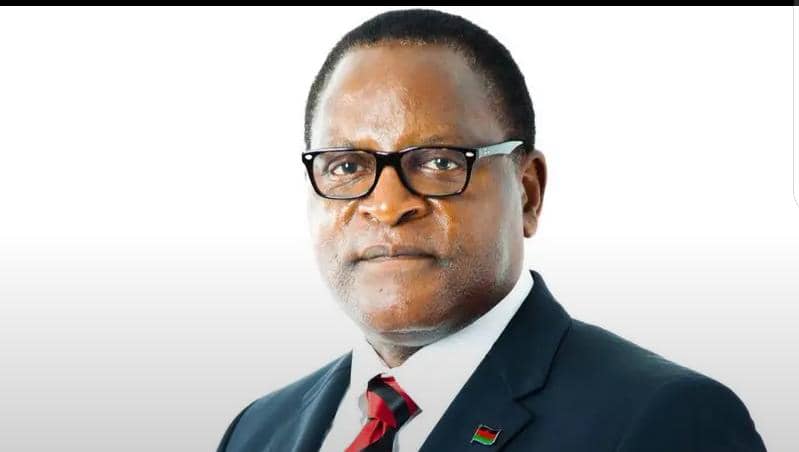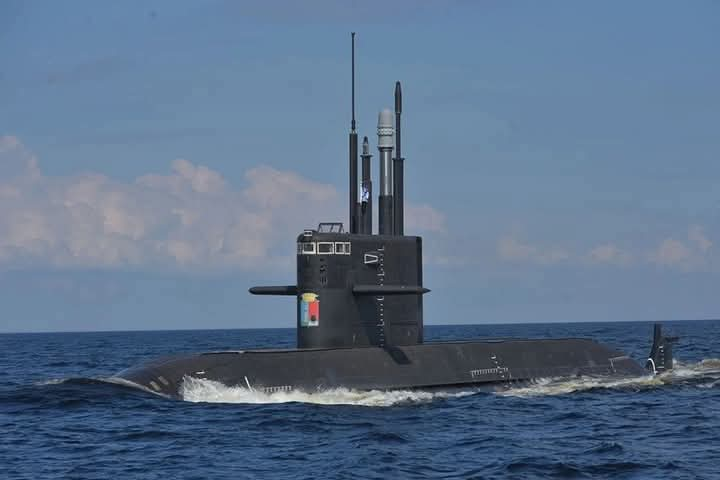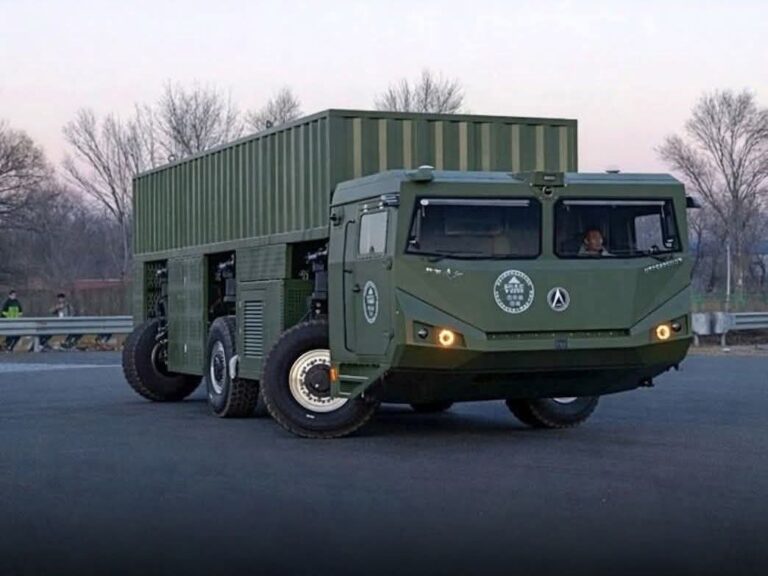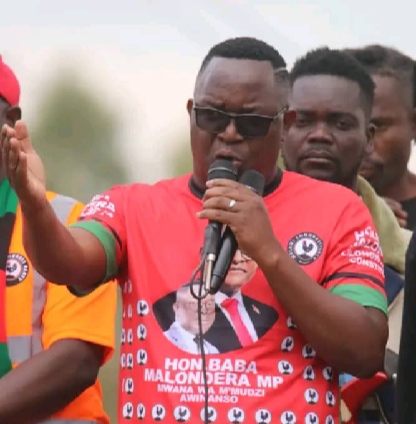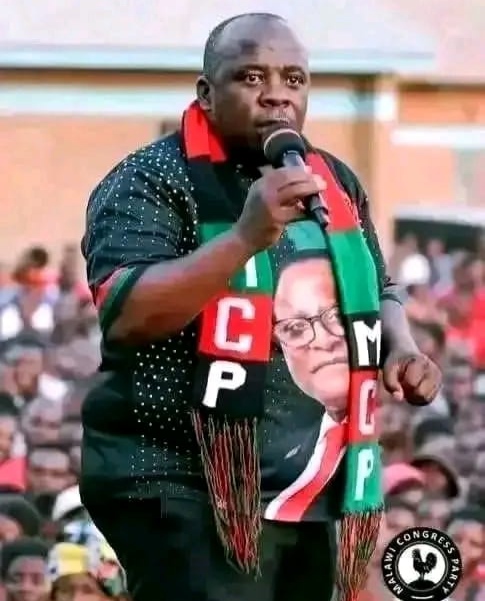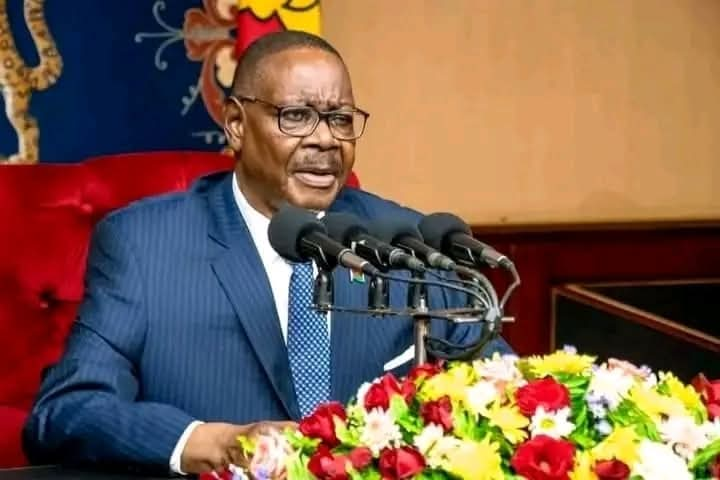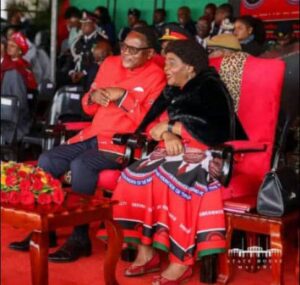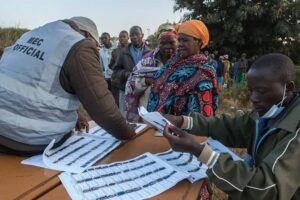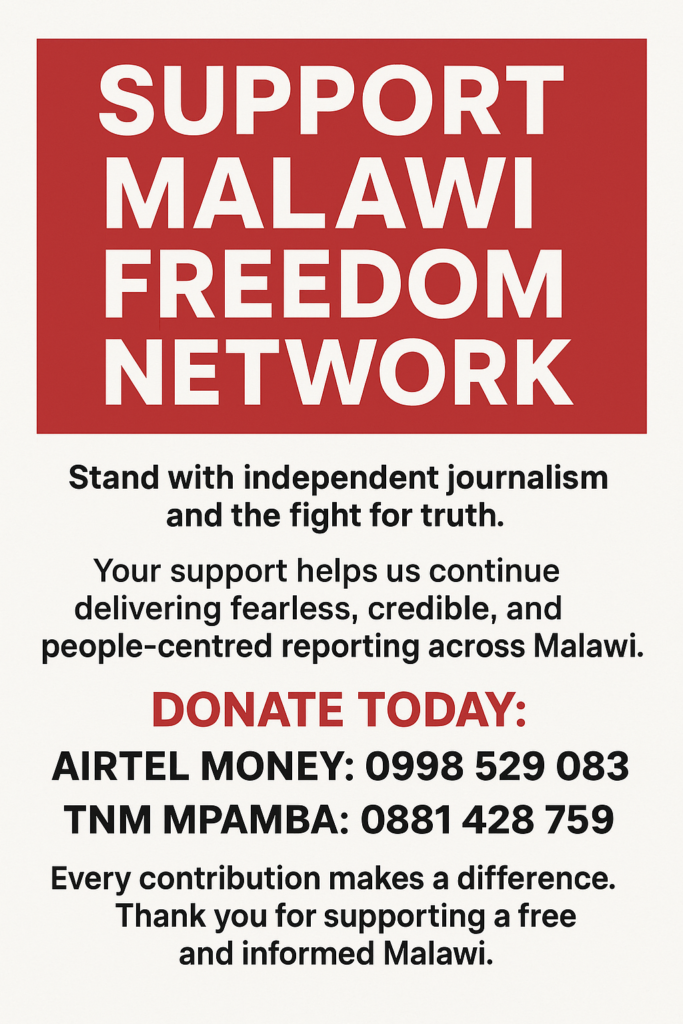By Burnett Munthali
Malawi’s economic recovery hopes have taken a serious blow after the International Monetary Fund (IMF) announced it will not proceed with its financial support to the country.
The IMF decision comes after President Lazarus Chakwera’s government failed to meet key conditions under the three-year Extended Credit Facility agreement signed in 2023.
This program was designed to stabilize the economy, attract international funding, and guide Malawi out of its financial crisis through reforms and fiscal discipline.
However, in just one year, the Chakwera administration has reportedly deviated from this path by overspending on travel, publicity, and political interference.
Among the most controversial moves was the removal and attempted prosecution of Anti-Corruption Bureau chief Martha Chizuma, a decision seen as undermining the fight against corruption.
Numerous corruption scandals have also rocked the government, further eroding trust among both citizens and international partners.
Meanwhile, the value of the kwacha has plummeted under Chakwera’s leadership, driving inflation and making essential goods unaffordable for many households.
Malawians now face daily struggles, including fuel shortages, rising food prices, and the collapse of small businesses.
Although President Chakwera promised to fix the country, many believe his administration has worsened conditions, leaving millions in hunger and hardship.
In its recent statement, the IMF said it will revisit its position only after the general elections scheduled for 16th September 2025.
This pause in support sends a strong signal to other donors, who often rely on the IMF’s assessment before committing their own funds.
With no alternative economic strategy announced by the government, the country is now left uncertain about how it will overcome the growing crisis.
As the 2025 elections approach, the IMF’s decision has added pressure on the Chakwera administration to prove it still has a viable plan for Malawi’s future.
